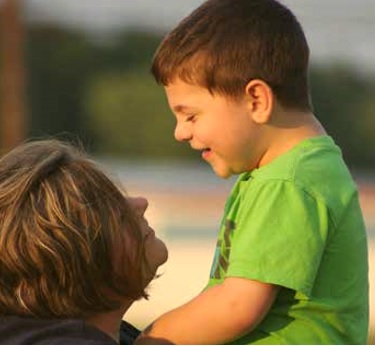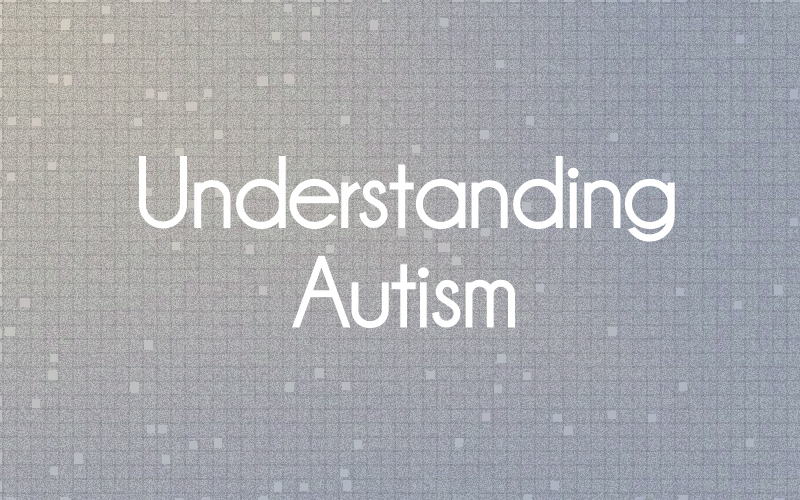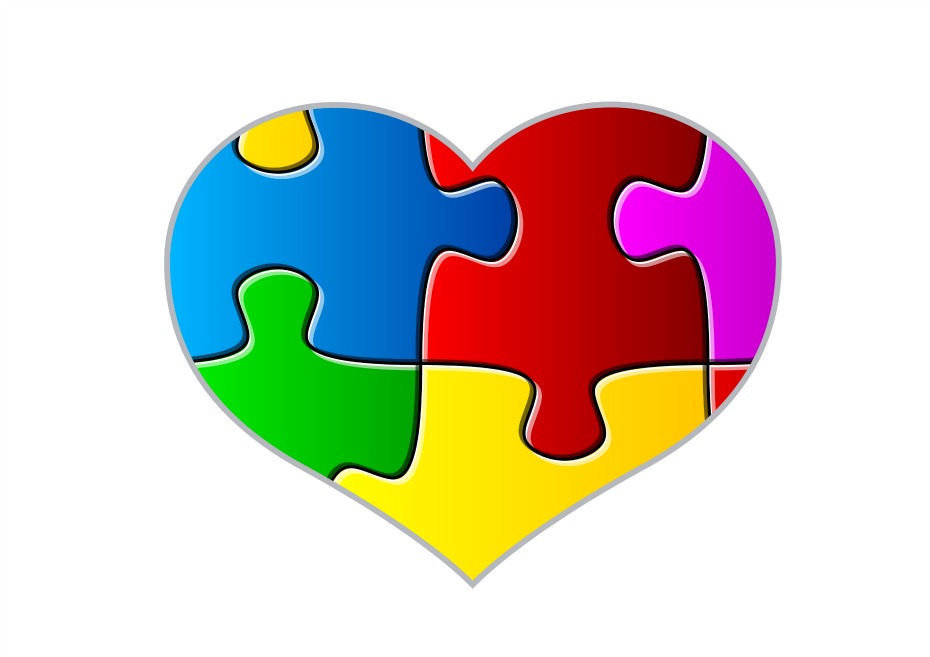The following information is not meant to diagnose or treat and should not take the place of personal consultation, as appropriate, with a qualified healthcare professional and/or behavioral therapist.

The timing and severity of autism’s first symptoms can vary widely. Some children with autism show hints of future problems within the first few months of life. In others, symptoms may not become obvious until 24 months or later. Some children with autism appear to develop normally until around 18 to 24 months of age and then stop gaining new skills and/or start losing skills.
The following “red flags” suggest a child is at risk for autism. Some children without autism have some of these symptoms, and not all children with autism show all of them. That’s why further evaluation is crucial. If your child exhibits any of the following, please see Step 2: Get your child screened.
Possible signs of autism in babies and toddlers:
- By 6 months, no social smiles or other warm, joyful expressions directed at people
- By 6 months, limited or no eye contact
- By 9 months, no sharing of vocal sounds, smiles or other nonverbal communication
- By 12 months, no babbling
- By 12 months, no use of gestures to communicate (e.g. pointing, reaching, waving etc.)
- By 12 months, no response to name when called
- By 16 months, no words
- By 24 months, no meaningful, two-word phrases
- Any loss of any previously acquired speech, babbling or social skills
Possible signs of autism at any age:
- Avoids eye contact and prefers to be alone
- Struggles with understanding other people’s feelings
- Remains nonverbal or has delayed language development
- Repeats words or phrases over and over (echolalia)
- Gets upset by minor changes in routine or surroundings
- Has highly restricted interests
- Performs repetitive behaviors such as flapping, rocking or spinning
- Has unusual and often intense reactions to sounds, smells, tastes, textures, lights and/or colors
Get your child screened for autism
The following information is not meant to diagnose or treat and should not take the place of personal consultation, as appropriate, with a qualified healthcare professional and/or behavioral therapist.
Did your review of “Step 1: Learn the signs” raise further concern? Autism Speaks encourages you to ask your child’s healthcare provider to screen your child for autism without delay.
The American Academy of Pediatrics recommends autism screening at all 18- and 24-month well-child visits and anytime a parent or doctor has concerns.
But you don’t have to wait. You can request an autism screening any time from your child’s doctor and/or your state’s Early Intervention program. Such a screening does not diagnose autism. Rather, it looks further at the behaviors that are considered “red flags” for autism.
Meanwhile, you may want to complete The Modified Checklist for Autism in Toddlers-Revised (M-CHAT-R™) on this website. (See link below.) This scientifically validated screening test assesses autism risk in children ages 16 to 30 months. It takes just a few minutes to complete, and you can print and take the results to your doctor.
Talk with your healthcare provider
Depending on the screening results, your doctor may refer your child to a specialist for a full diagnostic evaluation for autism. However, you don’t need an autism diagnosis for your child to begin receiving services for related developmental delays or learning challenges. So keep in mind that you can begin accessing services to help your child while you wait on a full evaluation.
Again, regardless of whether your child receives an autism diagnosis, he or she is entitled to federally mandated services if screening identifies developmental delays or learning challenges.
Access autism services
 You don’t have to wait for a diagnosis of autism for your child to receive services to address related developmental delays and learning challenges. You can access these services free of charge through your state’s Early Intervention program or your school district’s Special Education office. You can also ask your doctor to refer your child for further medical and behavioral evaluations and therapies.
You don’t have to wait for a diagnosis of autism for your child to receive services to address related developmental delays and learning challenges. You can access these services free of charge through your state’s Early Intervention program or your school district’s Special Education office. You can also ask your doctor to refer your child for further medical and behavioral evaluations and therapies.
If your child is age 3 (36 months) or younger
If you have concerns about a child who is 3 years (36 months) or younger, contact your state’s Early Intervention office for an evaluation. (Find state-by-state contact information .The evaluation is free of charge. By law, your child must receive the evaluation within 60 days of your written request.
Based on the evaluation, your child may be eligible for a program of early intervention services called an Individualized Family Service Plan (IFSP) tailored to his or her needs. Depending on your child’s strengths and challenges, this plan may include a range of home-based services. Often these include behavioral, speech, occupational and feeding therapies. By law, your child must receive these services within 30 days of the determination of eligibility.
If your child is older than age 3 (36 months)
If your preschooler or grade-schooler has autism or related developmental challenges, federal law requires your school district to work with you to develop an Individualized Education Program (IEP). The program should address your child’s specific educational needs. Contact your school district to request an evaluation to determine your child’s eligibility. Your child does not need a diagnosis of autism to receive one.






